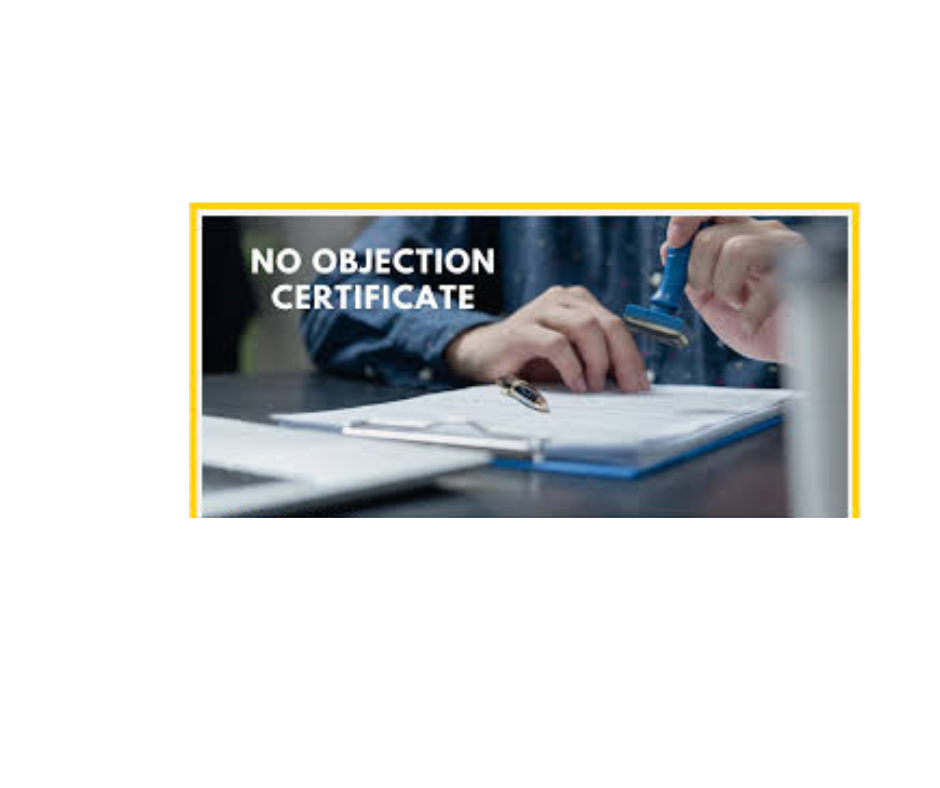![]()
No Dues Certificate Salaried Person
Understanding the No Dues Certificate for Salaried Employees
A No Dues Certificate is an essential document for salaried employees, especially when they resign or are transitioning from one job to another. It is issued by the employer to confirm that the employee has no outstanding financial liabilities with the company. This can include things like salary advances, loans, equipment, or any other company assets.
Why is a No Dues Certificate Important?
For an employee, the No Dues Certificate serves as proof that they have fulfilled all their financial responsibilities towards the company. It ensures that the exit process is smooth and helps avoid any delays in receiving the full and final settlement. Some companies also require this document to close any pending formalities.
When and How is it Issued?
The No Dues Certificate is typically issued at the end of employment, after the employee clears all pending payments and returns any company property. The HR or finance department handles this process, and the certificate is often a part of the full-and-final settlement.
Key Benefits:
- Ensures a smooth exit: Helps in completing the resignation process without any disputes.
- Clears future liabilities: Confirms that the employee has no financial obligations towards the company.
- Essential for future employment: Some employers may ask for it as part of their hiring process.
In short, the No Dues Certificate is a crucial document that ensures transparency and closure between the employer and the employee at the end of their professional relationship.
To visit: https://www.mca.gov.in
FAQs
1.What is a No Dues Certificate?
- A document confirming that an employee has cleared all financial obligations with the employer.
2.Why is a No Dues Certificate important?
- It ensures there are no pending payments (like loans or advances) between the employee and employer.
3. When should a No Dues Certificate be issued?
- Typically issued during the resignation or exit process, after all clearances are completed.
4. Who provides the No Dues Certificate?
- The HR or finance department of the company.
5. Is it mandatory to get a No Dues Certificate?
- Not legally mandatory, but many companies require it to formally complete the exit process.
6. What are the key components of a No Dues Certificate?
- It includes the employee’s name, designation, date of clearance, and a statement confirming no dues.
7. Can an employee request a No Dues Certificate?
- Yes, employees can request it as part of their exit or clearance process.
8. What happens if there are pending dues?
- The employer will usually deduct the pending amount from the final settlement before issuing the certificate.
9. Is a No Dues Certificate needed for future employment?
- Not always, but some employers may ask for it as proof of clearance from the previous employer.
10. How long does it take to get a No Dues Certificate?
- It varies, but typically takes a few days to a couple of weeks, depending on the company’s clearance process.

For further details access our website https://vibrantfinserv.com
